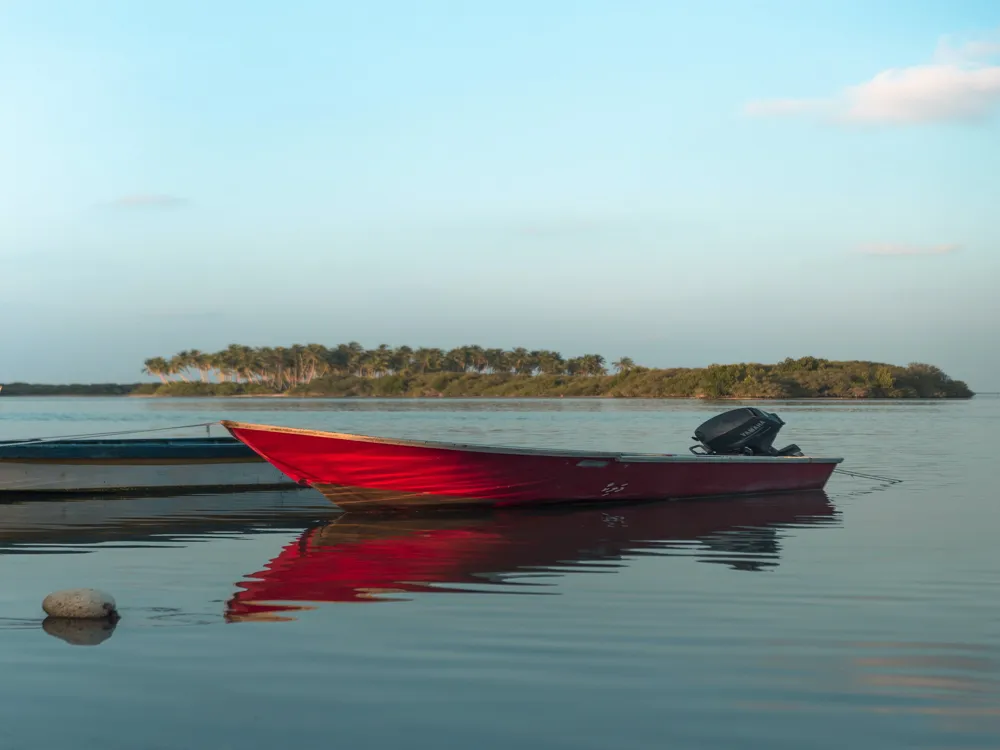The Seventh-day Adventist Church in the Maldives presents a unique blend of spiritual fervor and cultural harmony, reflecting the diverse and vibrant nature of the Maldivian archipelago. This Christian denomination, known for its emphasis on the Sabbath (Saturday) as a day of worship, has a modest yet significant presence in the predominantly Islamic country of the Maldives. The church's history in the Maldives is a testament to its resilience and adaptability in a multi-religious context. The Maldives, a tropical paradise renowned for its stunning coral reefs and crystal-clear waters, is also a melting pot of cultures and religions. The Seventh-day Adventist Church here offers a peaceful sanctuary for both local worshippers and international visitors. It stands as a symbol of religious diversity and tolerance in a country that is navigating its way through various cultural and religious influences. The Seventh-day Adventist community in the Maldives is small but vibrant, with members coming together to celebrate their faith, engage in community service, and promote health and education. Despite challenges, the church has managed to establish a foothold, contributing positively to the social and spiritual landscape of the Maldives. The Seventh-day Adventist Church in the Maldives adheres to the general beliefs of the worldwide Adventist community. Central to these beliefs is the observance of Saturday, the seventh day of the week, as the Sabbath. This day is dedicated to rest, worship, and community bonding. The church also places a strong emphasis on health and wellbeing, advocating a vegetarian diet, abstaining from alcohol and tobacco, and promoting overall physical and mental health. In addition to Sabbath worship, the church is actively involved in community service. Members participate in educational programs, health awareness campaigns, and humanitarian aid, particularly in times of need, such as after natural disasters which the Maldives occasionally faces. Community engagement is a cornerstone of the Seventh-day Adventist Church in the Maldives. The church works to foster a sense of community not just among its members but also within the wider society. This includes outreach programs, health seminars, and cultural exchange activities, which help bridge gaps between different religious and social groups. The architecture of the Seventh-day Adventist Church in the Maldives harmoniously blends traditional Maldivian design with modern aesthetics. The church, typically modest in size, is designed to reflect the principles of simplicity, functionality, and harmony with the natural environment that characterizes the Maldivian landscape. The building often features high ceilings and large windows, allowing for natural light and air circulation, essential in the tropical climate of the Maldives. The use of local materials, such as coral stones and wood, in the construction of the church, not only pays homage to traditional Maldivian architecture but also promotes sustainability. The interior of the church is typically minimalistic, with an emphasis on creating a serene and contemplative space. The altar is simply designed, focusing on the spiritual rather than the ornamental. This simplicity extends to the seating arrangements and the pulpit, which are functional yet aesthetically pleasing. A distinctive feature of the Seventh-day Adventist Church's architecture in the Maldives is its integration with the surrounding natural environment. The church often features gardens and open spaces where members can gather for fellowship in the midst of nature. This design philosophy not only enhances the aesthetic appeal of the church but also resonates with the Adventist emphasis on health and wellbeing. The church's architecture also reflects an adaptation to local culture and traditions. Decorative elements, while minimal, often draw inspiration from Maldivian art and culture, creating a sense of belonging and respect for local customs and heritage. When visiting the Seventh-day Adventist Church in the Maldives, it's important to dress modestly. Conservative attire is recommended, respecting the local culture and religious sensitivities. The Sabbath is observed from Friday sunset to Saturday sunset. Visitors should be mindful of this sacred time and the church's practices, such as rest and worship activities. Visitors are often welcomed to participate in community activities and services. Engaging with the community can provide a deeper understanding of the church's role and beliefs.Overview of Seventh-day Adventist Church of Maldives
Beliefs and Practices
Community Engagement
Architecture of Seventh-day Adventist Church
Integration with Nature
Adaptation to Local Culture
Tips When Visiting Seventh-day Adventist Church
Dress Appropriately
Respect Sabbath Practices
Participate in Community Activities
Seventh-day Adventist Church
Maldives
₹ 34,250 onwards
View maldives Packages
Maldives Travel Packages
View All Packages For Maldives
Top Hotel Collections for Maldives

Private Pool

Luxury Hotels

5-Star Hotels

Pet Friendly
Top Hotels Near Maldives
Other Top Ranking Places In Maldives
View All Places To Visit In maldives
View maldives Packages
Maldives Travel Packages
View All Packages For Maldives
Top Hotel Collections for Maldives

Private Pool

Luxury Hotels

5-Star Hotels

Pet Friendly












